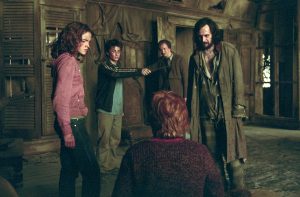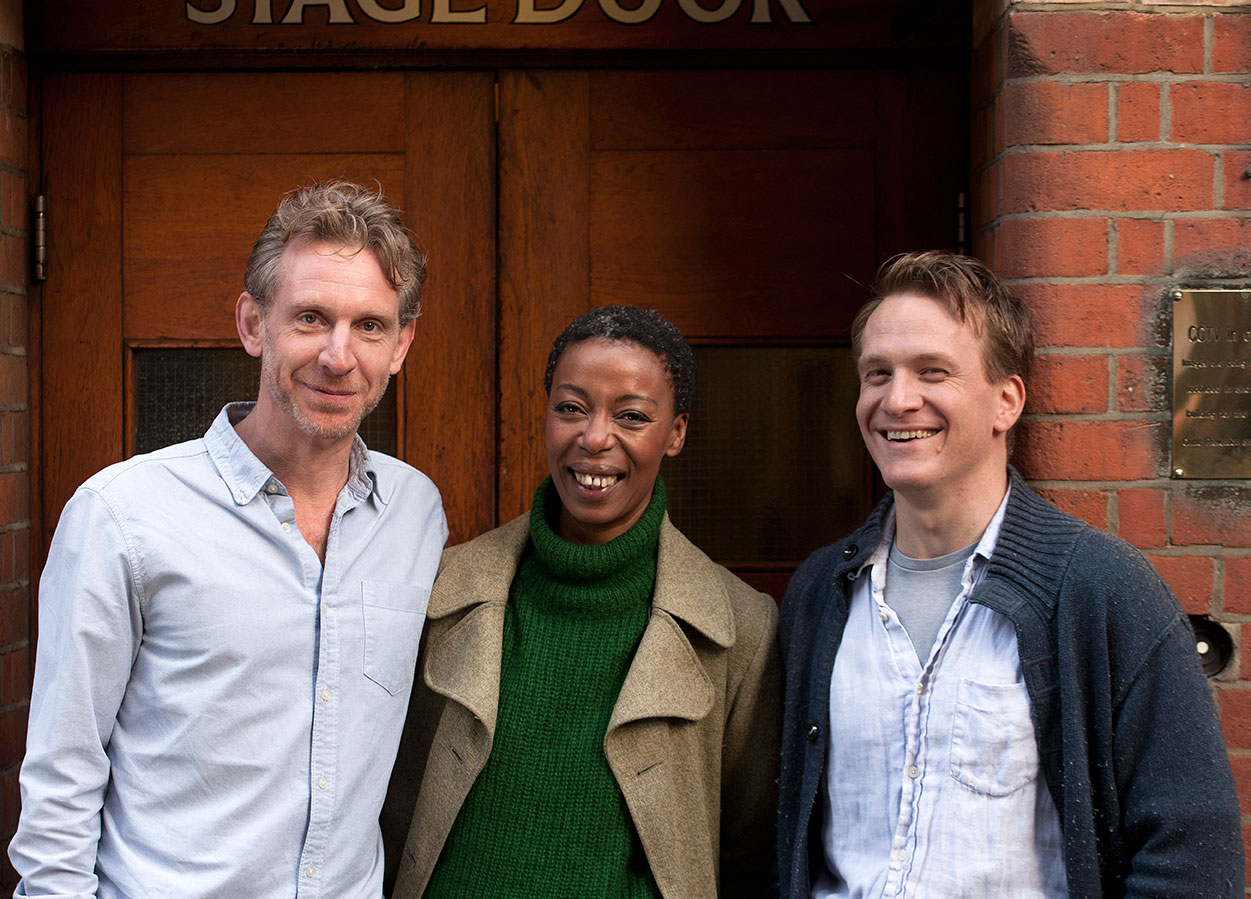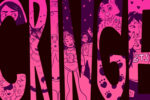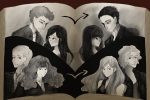Questioning Rowling’s Decision to Change Formats
By reducing the text to dialogue and scene direction, Rowling removed what made her writing special in the first place.
By Amy Garcia, Johns Hopkins University
I love Harry Potter.
I will always love Harry Potter. Anything and everything to do with Harry Potter, I will love. When I heard about “Cursed Child” for the first time, I didn’t sleep for two days. I ordered the book for shipping (thinking it would arrive at my apartment the day it came out on Harry’s birthday), but it wasn’t scheduled to arrive until a week later, so I drove to my friend’s house just to steal her copy. I finished it within an hour. And I did love it, as did most people.
But why did it need to be a screenplay?
It seems that our Lord and Savior J. K. Rowling did not want to write an eighth book. She had promised since “Deathly Hallows” that there would never be an eighth novel about Harry, Ron, Hermione and all the characters we love, and she kept that promise.

And yet she did come up with an eighth story, a story that would take place exactly where “Deathly Hallows” ended, with Albus Severus Potter nervous for his first year at Hogwarts, and Harry promising him that it would be okay if he ended up in Slytherin.
Of course, she had promised there would be no eighth book, so instead readers learned, to their disappointment, that the latest installment would be a play instead—not technically an eighth novel.
As someone who grew up with Harry Potter, it is jarring to imagine anyone other than Daniel Radcliffe, Rupert Grint and Emma Watson as playing the title characters. Though most people read the books first, as the movies were released, the images of what the characters looked like started to morph into those of the actors and actresses from the films. Even though the movies took out about half of the plot from the later books, no one can deny that the characters were cast beautifully.
But the issue here is not the play itself. Most Potterheads do not have the ability, as much as they would love to, to drop everything to fly to London to see the play anyway.
The issue is the fact that readers only received the screenplay.
The beauties of Harry Potter could keep fans talking for ages, especially Rowling’s writing. Very few authors know so much about their characters, and can give readers so much detail that they begin to feel as if they know the protagonists. At the start of “Goblet of Fire,” Harry has a dream about Lord Voldemort murdering a Muggle and he wakes up with pain in his scar. As he panics, he goes over in his head what his best friends Ron and Hermione would say if he told them, and somehow, readers already know what they would say.
They know that Hermione would suggest immediately telling Dumbledore, and then run to the library to read up on cursed scars for her friend. They know that Ron would look dumbfounded and frightened, and try to reassure both Harry and himself before asking his father.
This is not dialogue in the story—these are Harry’s own thoughts, a kind of writing that readers do not get to see in “Cursed Child.”
Fans read dialogue and stage directions, but they do not see the inner workings of Harry’s mind or read his descriptions of his friends and peers.
While the entire character list of the series in incredible, as is the storyline, there is a reason J. K. Rowling decided to call the books “Harry Potter.” Harry is the storyline, and his thoughts and viewpoints are why the novels are so popular in the first place. Would fans really see the depth of every character or read between the lines of each chapter if the stories were told from Ron’s perspective? Would it be nearly as interesting if it were told from Hermione’s? And wouldn’t it be too confusing if told by Dumbledore, or too frightening if it were told by Voldemort?
Unfortunately, Harry is not the one who narrates the “Cursed Child” story, which is a shame, because it is the storytelling in the series that allows readers to empathize for Harry and the other characters, not the dialogue.
So how can readers feel for Harry in “Cursed Child” (WARNING! Lots of spoilers here) when he asks Ginny how many will die for The Boy Who Lived, when they can only read that question? How can they feel for him when he watches his parents die at the end of the screenplay, when they only read the dialogue of Voldemort and his parents? How can fans even feel bad for Albus, when they can only hear about how mean the other students are to him, rather than see what it is doing to him emotionally? Or feel anything at all that Delphi is Voldemort’s daughter, when she’s in maybe five scenes, and readers know nothing about her besides what she says?
Remember “Prisoner of Azkaban,” and how much everyone hated Sirius Black for a while when they believed what everyone said about him?
 And how terrified readers were for Harry before he faced the first two tasks in “Goblet of Fire,” and then how sorry they felt for him when he started to cry in the hospital wing after the third task when Molly Weasley hugs him, because he had never been hugged in a motherly way before? What about how everybody hates “Order of the Phoenix,” because of how hateful Umbridge is?
And how terrified readers were for Harry before he faced the first two tasks in “Goblet of Fire,” and then how sorry they felt for him when he started to cry in the hospital wing after the third task when Molly Weasley hugs him, because he had never been hugged in a motherly way before? What about how everybody hates “Order of the Phoenix,” because of how hateful Umbridge is?
I don’t think Umbridge was even that hateable in “Cursed Child,” simply because fans only read only what she said, rather than about her toadlike face and that horrid little laugh of hers.
Without the writing of J.K. Rowling, and without the beauty of Harry’s narration, how can fans even call this the eighth story of our beloved Harry Potter?

















